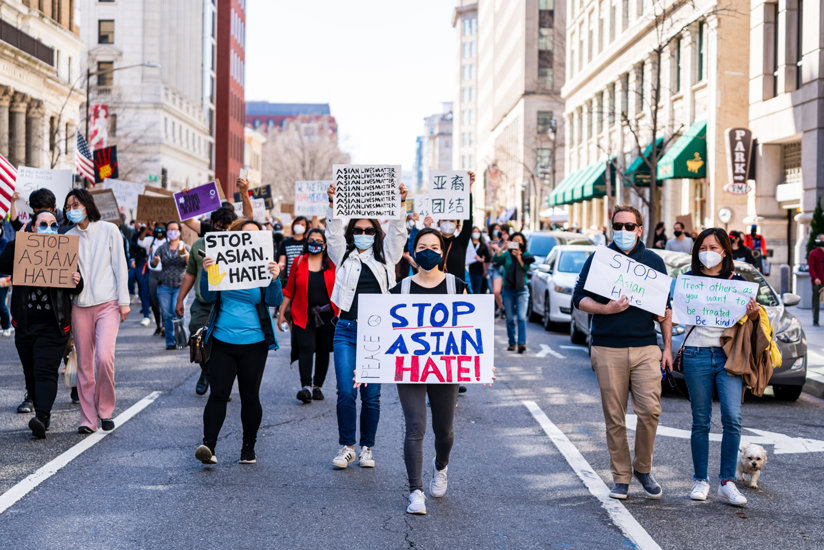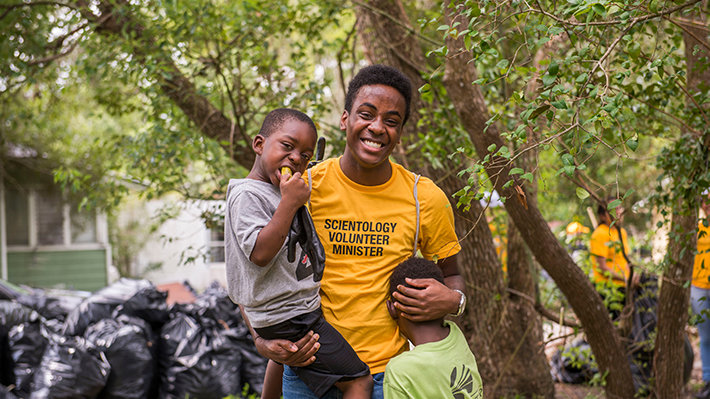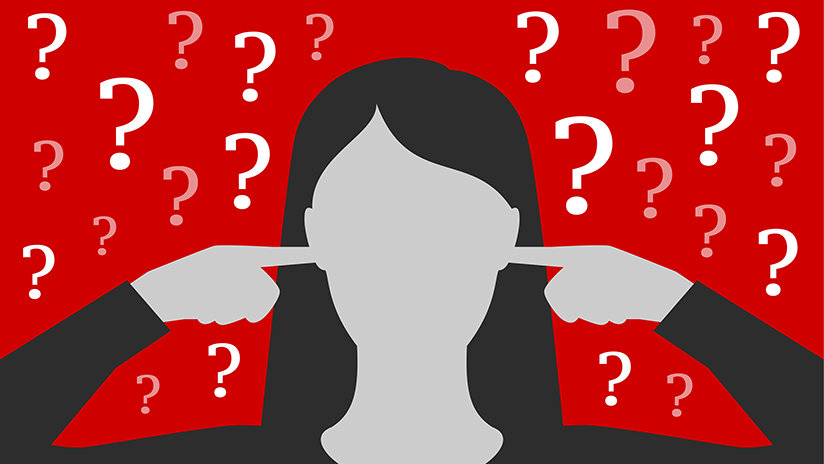
-
HOME
-
WHAT IS STANDOur Mission Our Values Our Help Contact
-
WHAT WE FIGHT FORReligious Freedom Religious Literacy Equality & Human Rights Inclusion & Respect Free Speech Responsible Journalism Corporate Accountability
-
RESOURCESExpert Studies Landmark Decisions White Papers FAQs David Miscavige Religious Freedom Resource Center Freedom of Religion & Human Rights Topic Index Priest-Penitent Privilege Islamophobia
-
HATE MONITORBiased Media Propagandists Hatemongers False Experts Hate Monitor Blog
-
NEWSROOMNews Media Watch Videos Blog
-
TAKE ACTIONCombat Hate & Discrimination Champion Freedom of Religion Demand Accountability
Where the Hate Is Coming From, and What We Do About It
I started school in a logging camp. There were no Blacks, no Jews, no Asians in the camp. Except for the foreman—who was management—everyone that worked with my dad was a White Anglo-Saxon Protestant union member. The foreman wasn’t allowed in the union, but everyone knew him and he was OK.

One day in our two-room schoolhouse, our class went into the big kids’ room to discuss the upcoming 1952 presidential election and how we would vote if we were grownups. The discussion focused on General Eisenhower and Adlai Stevenson. Everyone said they were going to vote for Mr. Stevenson, because their parents were all going to vote for Mr. Stevenson. Democrats were union and Republicans were management. Stevenson was a Democrat, everybody knew that.
I raised my hand and said I was going to vote for General Eisenhower because he won the war. I thought that was a pretty rational statement, but the sixth grader who had grudgingly allowed me to share his desk scooted over and bumped me out of his desk and onto the floor.
Stereotypes evolve people into targets.
Except for the foreman and the loggers with German surnames, there were none of the usual groups in our environment for haters to hate. But with personal contact came exceptions to hate. (“Well, he’s management, but not a bad guy. He gave us a baby blanket when the wife had our youngest.”) And the loggers with German surnames were well known (“Hey, Klein is a good guy, he was on our side, leave him alone”) and they were thus individuals like us, not just some stereotype.
But with no contact, stereotypes evolve people into targets. I still remember the “enemy” in our kids’ war games running round making their eyes look like we imagined General Tojo’s looked. It wasn’t until I got to university that I met Black, Asian and German students my age. I discovered that some drank too much beer, some were studious, some were goofy, some had rich parents or scholarships and some worked in the cannery in the summer. In short, they were very much like us.
So what does this have to do with anything? A few bigoted individuals have used the pandemic as an excuse to spread hate against Asian Americans. By the same illogic, Asians could blame me for the proliferation of gigantic American sodas and refined fast-food carbohydrates ruining people’s health around the world. I, for one, can tell you that the Asian Americans I know personally had nothing to do with the spread of COVID-19, and those you meet didn’t either.
So knock off the hate.

L. Ron Hubbard, the founder of Scientology, said in Dianetics: The Modern Science of Mental Health, that the computing part of the mind is “utterly incapable of error” and “any person... computes perfectly on the data stored and perceived.” But some of the data people use to compute may come from something Mr. Hubbard called the reactive mind, composed of irrational ideas and decisions which are “an obsessive strata of unknown, unseen, uninspected data which are forcing solutions unknown and unsuspected on the individual.”
Their hate comes from the past, while observation occurs in the present.
Hatreds come from that uninspected “data” and such “data” flourishes in the form of racial, political and other lazy stereotypes. Actual data—perceived and inspected—from observation, gives a rational basis for one’s own evaluations of situations and leads to rational decisions. It was such data that led to the Christmas truce of World War I in which German, British and French troops who had been killing one another in the trenches met in no-man’s land, sang Christmas songs and traded caps. The stereotypes of the evils of the enemy evaporated in the face of the reality that, regardless of uniform, they were all pretty much alike.
And today, through social media, a person operating on racial, political, economic or other stereotypes may shut themselves off from actual observation and congregate with only those who believe as they do. Thus irrational hatreds may flourish and grow in stove-piped echo chambers.
Haters don’t have real targets—they are lashing out at long-gone enemies, in long-forgotten conflicts. Their hate comes from the past, while observation occurs in the present. And it is only present-day observation which will dispel the hate and bring a greater understanding of humanity and its diverse peoples.
If soldiers actually killing one another could call a Christmas truce and meet in no-man’s land, surely those among us plagued with the ghosts of enemies past can put them aside and take a fresh look at real individuals in our environment and thus quiet the voices of bigotry which speak from some unknown radio station in the basement of our minds.









